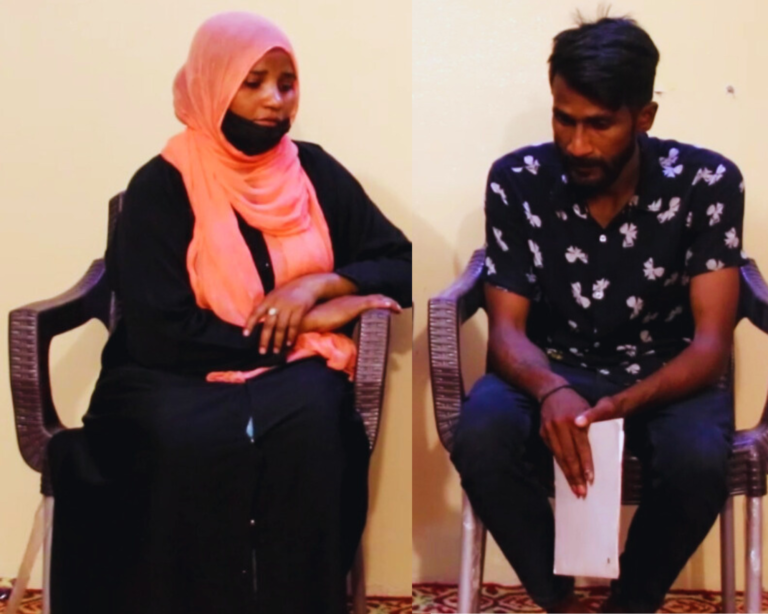
A Christian domestic worker was beaten and illegally confined for a week by her Muslim employers after she tried to leave her job due to pregnancy, according to a report.
The report stated that 28-year-old Asma Gulfam, a resident of Paka Ghara area of Sialkot district, worked for a woman named Huda Adnan for five years. According to Asma, in early April she informed Huda that she was five months pregnant and could not continue working due to a medical condition, but Huda said she had to remain.
On April 18, Huda accused Asma of stealing 1 million rupees that had been left in a bathroom some days prior. The report said that when she denied it, Huda dragged Asma into a room where a police assistant sub-inspector, Ijaz Ahmed, and three other policemen were waiting with Huda’s husband, Mian Adnan.
“As soon as they saw me, the policemen led by Ijaz started hurling abuses and curses at me,” Asma told the media outlet. “They threatened to tear my clothes if I did not admit to the alleged theft, but when I refused, they pulled my hair and started beating me up mercilessly. During the torture, Ijaz also tried to pull my nails,” the report quoted Asma as saying.
According to the report, Asma began bleeding from the uterus due to the blows to her abdominal area, but the policemen and her employer’s husband continued hitting her.
“I cried and screamed for help, but no one came to rescue me,” Asma said.
The mother of five children, including the unborn, said the assailants held her against her will for eight days and repeatedly beat her. “I was held hostage in Huda’s house all this time during which I was repeatedly tortured,” she said.
When her husband, rickshaw driver Gulfam Masih, went to Civil Lines police station to report her missing, officers arrested him, Asma told the media outlet.
“They kept him in illegal confinement for a week and released him on April 26, only after my health worsened,” she said, adding that her husband rushed her to a government hospital where a medical examination showed that she had been physically abused.
“My unborn child’s life was at serious risk due to internal hemorrhaging, but doctors managed to save it,” she said.
According to the report, Asma filed a complaint against her tormentors with the Sialkot District Police Officer on May 10. The DPO ordered an investigation, but officers dismissed her complaint without even questioning her, she said.
Her attempt to obtain justice angered her former employers, who registered a theft charge against her and her husband on May 17, she said. They initially registered a First Information Report (FIR) against unknown persons, but later named the couple in a supplementary statement, Asma Gulfam said.
“I can now only appeal to our community leaders and government high-ups to save us and our children from this persecution,” she said.
Imran Sahotra of the Maseehi Bedari Tehreek said his group was able to secure interim bails for the couple on May 23.
“The Muslim family used its influence to discharge Asma’s complaint against her torture and then registered a false FIR against the couple to ‘teach them a lesson,’” Sahotra told the media outlet. ”The case shows how the vulnerable Christian community does not have access to justice in Pakistan.”
Sahotra said they had also filed a petition seeking legal action against Assistant Sub-Inspector Ahmed. Additional District and Sessions Judge Abdul Jabbar has directed police to submit a response by May 31.
“The police officer must be punished, because the poor woman could have lost her unborn child or even died herself due to his torture,” Sahotra said.
Costs and lack of resources are the most prominent barriers for religious minorities in accessing justice in Pakistan, according to the Karachi-based Legal Aid Society.
“Religious minorities were less confident about attaining a fair trial compared to their Muslim counterparts,” the legal group stated in its 2021 Legal Needs Assessment Survey. “They foremost identified themselves as not affluent and powerful, and therefore not possessing the law to seek protection within its ambit, nor the law taking ownership of them. Consequently, they seldom approach the judicial system to seek justice.”